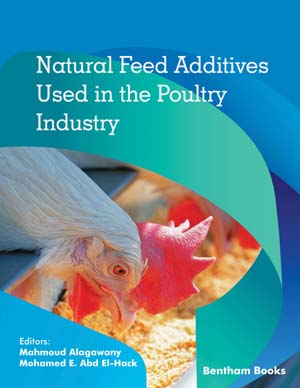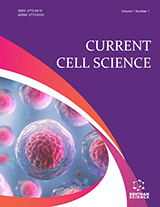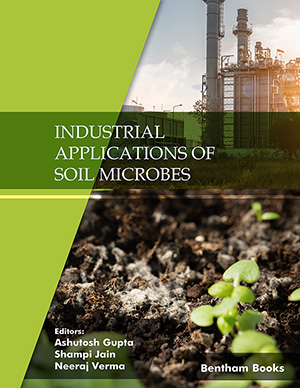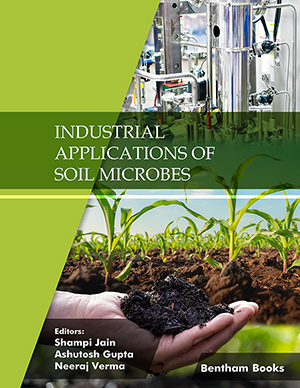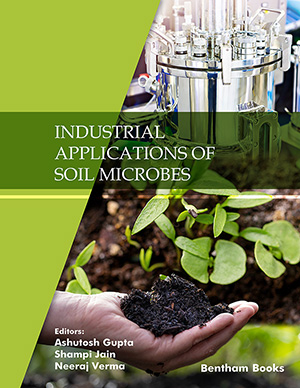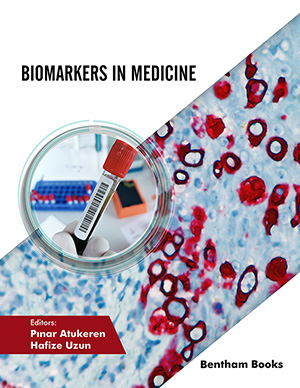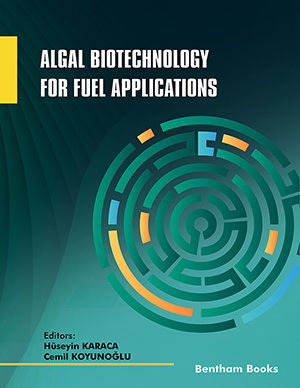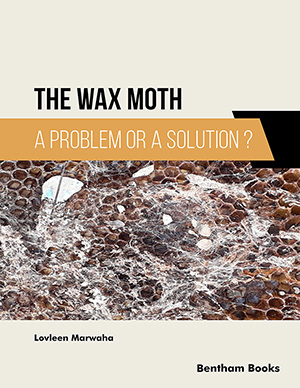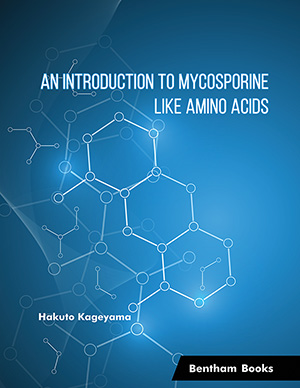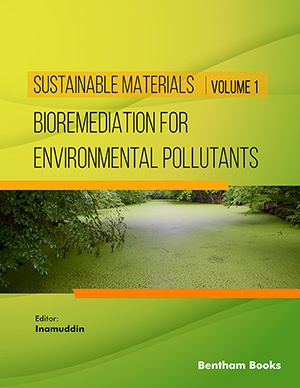Abstract
Supplementations of livestock diets with herbs that have many active constituents revealed favourable effects as natural feed additives. These compounds could stimulate nutrient digestion, growth performance, food utilization, enhance immunological sides and antioxidant status and decrease health disorders. Various previous reports have employed mixture formulas of herbal with partial enclosure of licorice. However, the data about using licorice independently is very scared. The poultry industry faces many epidemiological syndromes; principally, those are confined to digestive, respiratory and immune system syndromes. Flavonoids and glycyrrhizin are the main bioactive components in Licorice. The roots of this herb contain 1-9% glycyrrhizin, which has several pharmacological actions such as antioxidant, antimicrobial, anti-heat stress, and anti-infective antiviral and antiinflammatory activities. Licorice extracts (LE) have affirmative impacts on the management of high incidence ailments, such as the immune system, lung, and liver disease. Licochalcone A (2-8μg/mL) inhibits cancer cell proliferation by reducing DNA synthesis in these cells . Moreover, the hepatoprotective effect of LE (100-300 mg) against CCI4-induced hepatic injury in rats has been observed. Studies suggested the potential role of LE (0.1, 0.2, or 0.3 g/L of drinking water) in reducing serum total cholesterol of broiler chicken significantly. Also, the presence of licorice root extract (0.1 g/d) in the patient diet for 1 mo led to a decrease in plasma triglyceride (by about 14%) and cholesterol (by about 5%) levels. Moreover, dietary supplementation of LE plays a substantial role in the productive performance of poultry owing to the improvement of organ development and stimulating influence on digestion and appetite. Along with its growth promoting properties, licorice has antioxidant, detoxifying, anti-inflammatory, antimicrobial, and many more health benefits as enclosed in the current chapter. This chapter highlights the favourable applications and modern features of Glycyrrhiza glabra (licorice) herb, including its chemical composition and maintenance of the health status of poultry. Hence, it will be highly useful for nutritionists, physiologists, pharmacists, veterinarians, and poultry producers.
Keywords: Health, Licorice, Pharmacological, Poultry, Production.


